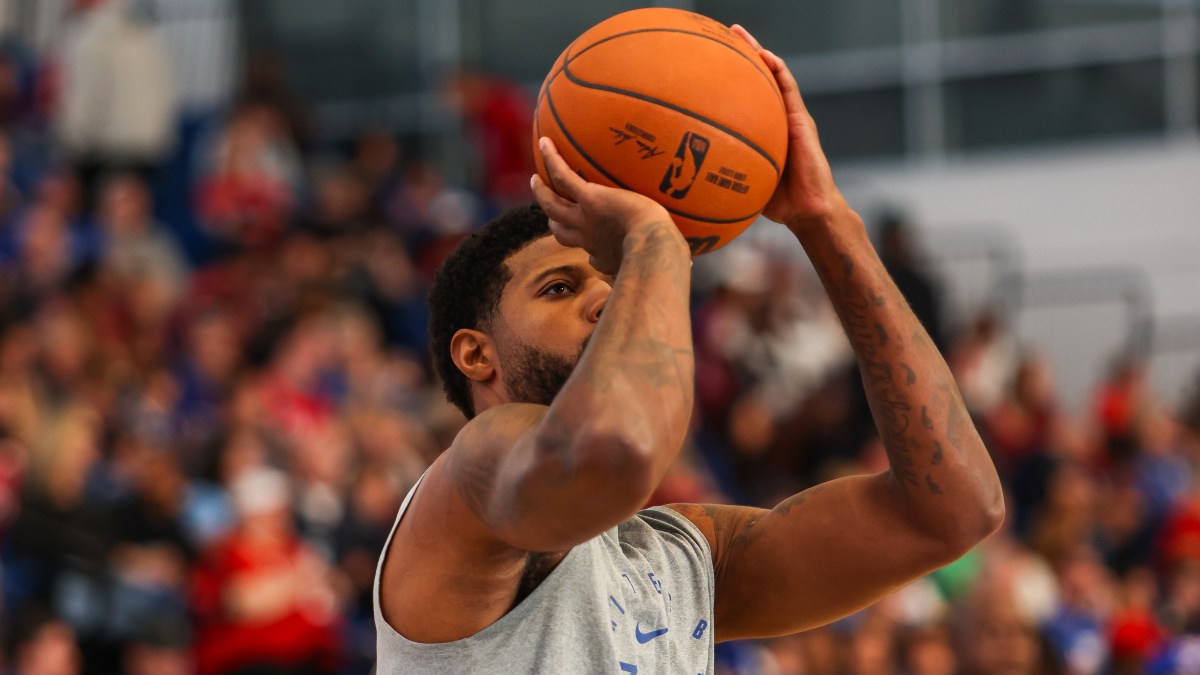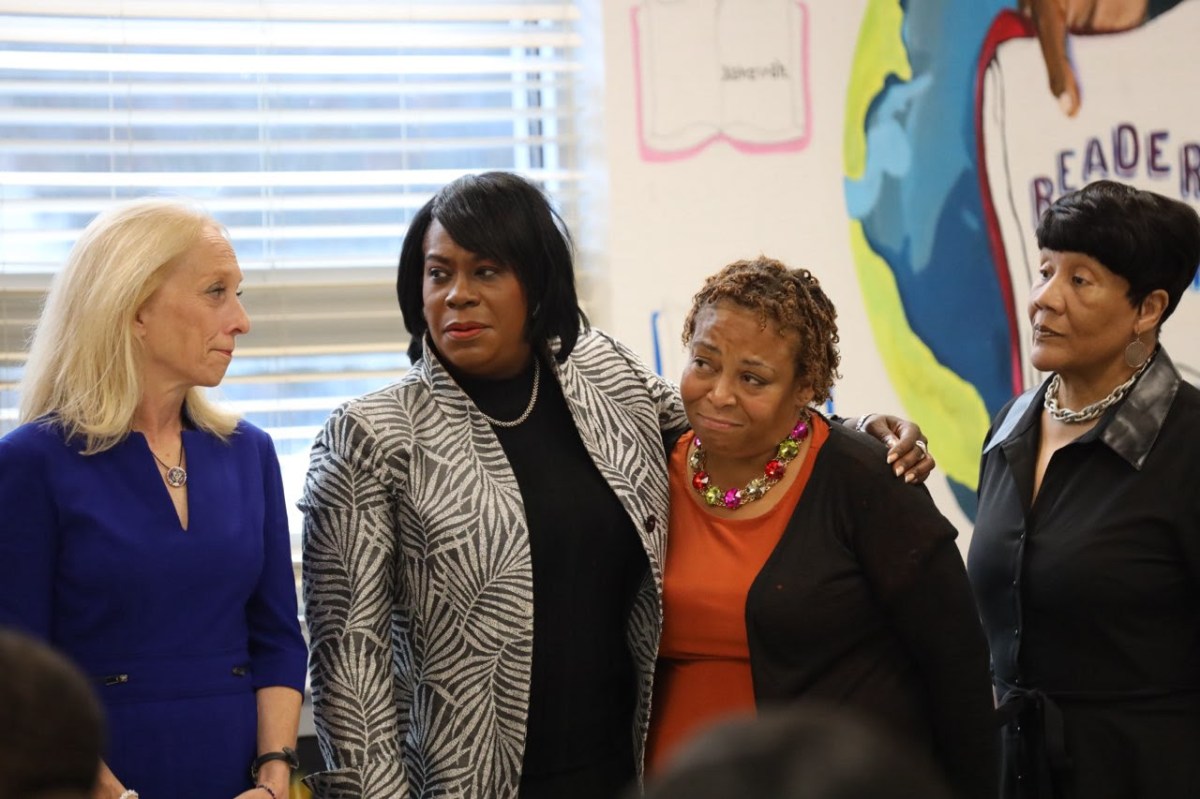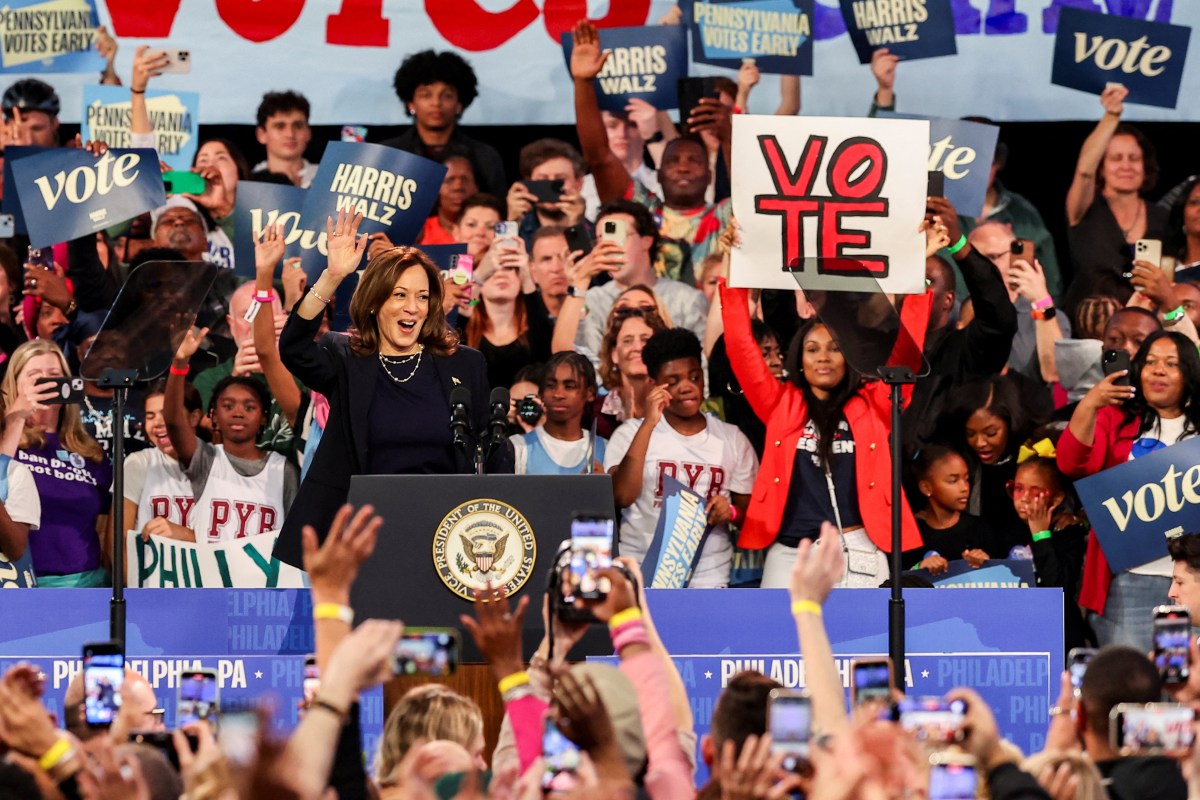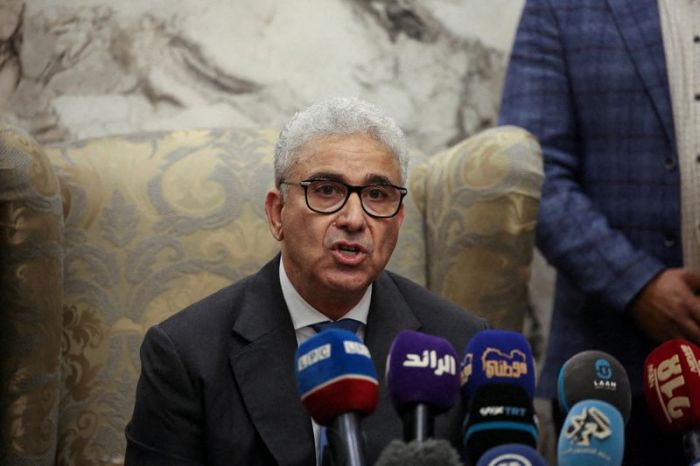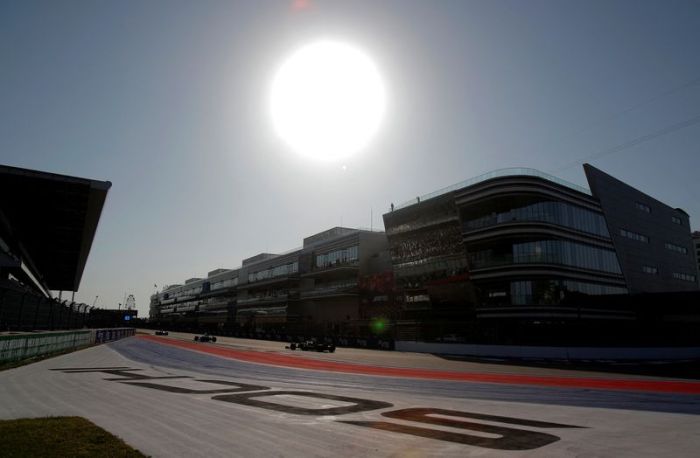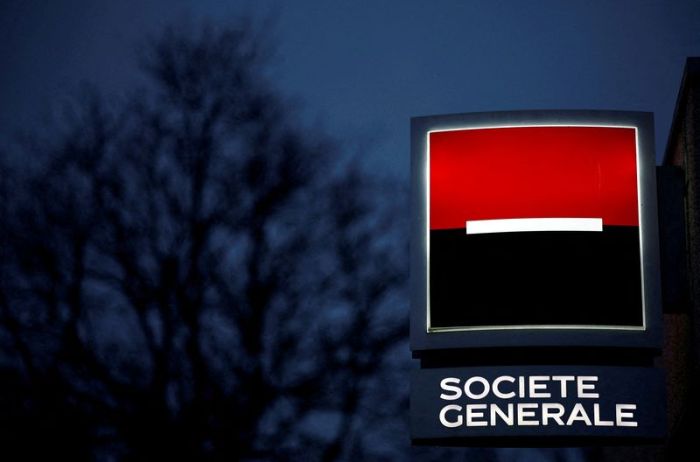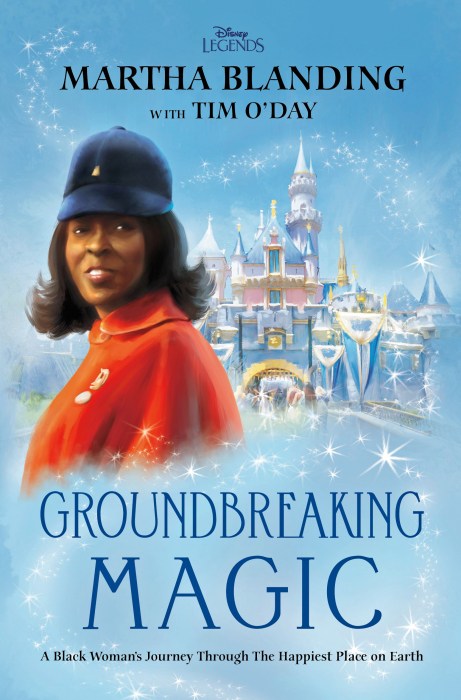BEIJING (Reuters) – Russian and Belarusian athletes were barred from the Winter Paralympics in Beijing on the eve of the Games following threats of boycotts by other teams over Russia’s invasion of Ukraine, the International Paralympic Committee (IPC) said.
Belarus has been a key staging area for the full-scale invasion Russia launched on Ukraine a week ago.
Thursday’s decision comes a day after the IPC gave athletes from the two countries the green light to participate in the March 4-13 Games as neutrals, saying the “athletes were not the aggressors”.
But that led to an outcry and threats from other countries’ National Paralympic Committees (NPC) to boycott the Games, IPC President Andrew Parsons told a news conference in Beijing.
“They told us that if we do not reconsider our decision, it is now likely to have grave consequences for the Winter Games,” Parsons said.
“Multiple NPCs, some of which have been contacted by their governments, teams and athletes, are threatening not to compete.”
Russian news agency TASS reported Russia is drafting a lawsuit with the Court of Arbitration for Sport (CAS) against IPC’s decision.
“We are currently in work to establish our legal position to file lawsuits on the protection of our athletes’ rights, against the discrimination of athletes based on their ethnicity and the use of sports as a tool of a political pressure,” TASS quoted Russian sports minister Oleg Matytsin as saying.
“Today’s decision… to bar our team is a blatant violation of athletes’ rights and a manipulation of the Olympic Charter and human lives’ values in pursuit of political goals,” he added.
Ukraine’s paralympic committee welcomed the decision and thanked the sporting community for rallying around them.
“A fair decision, a decision against a country that started this war,” committee president Valeriy Sushkevych told a news conference.
A 71-member Russian contingent and 12-member team from Belarus are in Beijing.
“Now Russia must leave the Games as soon as possible … It’s time to stop this terrible war,” Sushkevych said.
Officials from the two banned teams were not immediately available for comment.
Parsons said it was clear the situation put his organisation in a “unique and impossible position” so close to the start of the Games, adding that an overwhelming number of members had been in touch to object to Russia and Belarus taking part.
Parsons said the Russian and Belarusian athletes were victims of the actions of their governments.
“If Russian and Belarusian athletes stayed in Beijing, nations were likely to withdraw, and a viable Games would not have been possible.
“The atmosphere in the Games village is not pleasant. The situation there is escalating and has now become untenable … The Games are not only about gold, silver and bronze, but also about sending a strong message of inclusion.”
Parsons said the IPC was likely to face legal consequences but was confident that the right decision had been made.
The IPC said earlier in a statement that following a specially convened meeting, its Governing Board has decided not to allow athletes from Russia and Belarus to take part.
RUSSIA CONDEMNS IPC, OTHER NATIONS WELCOME DECISION
Russia condemned the IPC for barring its athletes from the Winter Games, calling it a monstrous situation.
“This is a disgrace for the International Paralympic Committee,” Kremlin spokesperson Dmitry Peskov said.
IPC’s decision was supported by the paralympic committees of Britain, Iceland, Canada and New Zealand.
The Polish Paralympic Committee said it would have been unimaginable for athletes from Ukraine, Russia and Belarus to compete in the same place.
The German Paralympic Committee president Julius Beucher said the IPC had followed the desire of the majority of the national committees and the athletes, who “exerted great pressure” to reverse the initial decision.
“This is a strong sign of democracy within the Paralympic movement,” Beucher said.
Czech Paralympic Committee chairman Zbynek Sykora said: “Athletes should have the opportunity to show their best performances at the top event, but in this case we take the elimination of Russia and Belarus as another opportunity to put pressure on Russian President (Vladimir) Putin.”
(Additional reporting by Shrivathsa Sridhar and Manasi Pathak in Bengaluru; Editing by Raissa Kasolowsky, Robert Birsel, Hugh Lawson and Pritha Sarkar)








